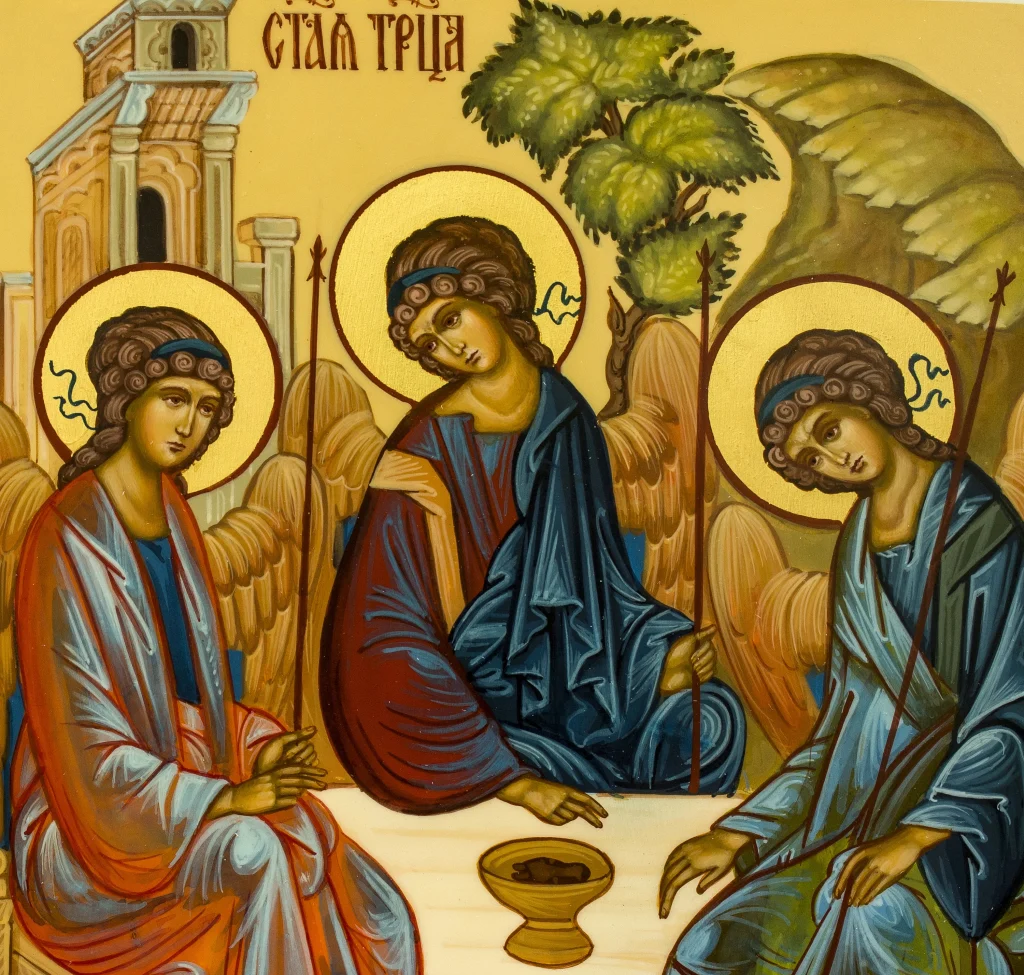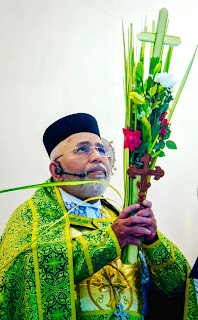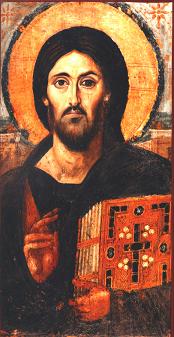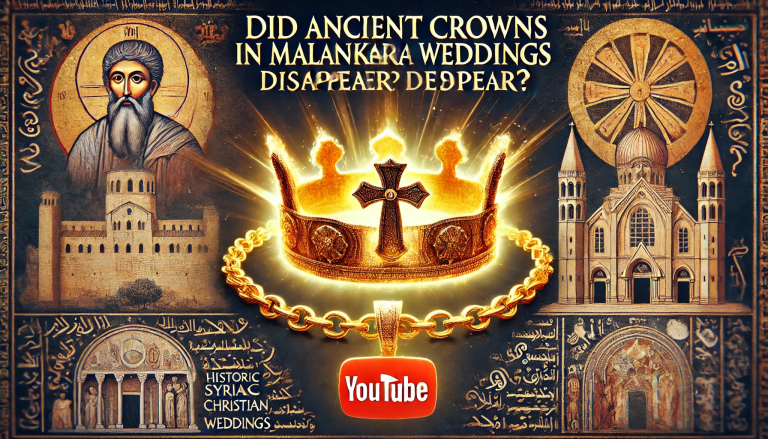
The doctrine of the Holy Trinity is central to Orthodox Christianity, embodying the profound mystery of one God in three persons: Father, Son, and Holy Spirit. This study explores the biblical foundation of the Trinity, its significance in Orthodox theology, and its implications for Christian life and worship.
Introduction
The Holy Trinity represents the Christian belief in a God who is one in essence and substance yet distinct in personhood. This mystery underscores God’s transcendence and immanence—God is beyond our comprehension yet intimately involved in the world.
Biblical Foundations
- The Oneness of God
- Deuteronomy 6:4: “Hear, O Israel: The Lord our God, the Lord is one.”
- This foundational verse from the Old Testament emphasizes God’s uniqueness and singularity, forming the basis for understanding the unity of the Trinity.
- The Plurality Within God
- Genesis 1:26: “Then God said, ‘Let us make mankind in our image, in our likeness…'”
- The plural pronouns used here suggest a complexity within God’s unity, hinting at God’s Trinitarian nature even in the act of creation.
- The Father, Son, and Holy Spirit
- Matthew 28:19: “Go therefore and make disciples of all nations, baptizing them in the name of the Father and of the Son and of the Holy Spirit.”
- This Great Commission explicitly mentions the three persons of the Trinity, underscoring their distinct personhood and unified mission.
- The Relationship Between the Father and the Son
- John 10:30: “I and the Father are one.”
- Jesus’ declaration affirms the unity and co-equality of the Son with the Father, highlighting the intimate relationship within the Trinity.
- The Role of the Holy Spirit
- John 14:26: “But the Helper, the Holy Spirit, whom the Father will send in my name, he will teach you all things and bring to your remembrance all that I have said to you.”
- The Holy Spirit is sent by the Father in the name of the Son, revealing the Spirit’s role in teaching, reminding, and guiding the believers, emphasizing the cooperative and relational nature of the Trinity.
Implications for Orthodox Christian Life and Worship
- Worship and Liturgy
-
- The Trinitarian formula is central to Orthodox liturgy, reflected in prayers, hymns, and the Eucharistic service. Worship is offered to the Father, through the Son, in the Holy Spirit, emphasizing the unity and distinct roles within the Trinity.
- Salvation and Theosis
-
- The Orthodox understanding of salvation involves participation in the life of the Trinity through theosis or deification. Believers are called to become partakers of the divine nature (2 Peter 1:4), reflecting the relational aspect of the Trinity in their spiritual journey.
- Love and Community
-
- The Trinity exemplifies perfect love and communion, serving as a model for human relationships. Christians are called to mirror this divine love in their interactions with others, fostering unity and mutual respect within the Church and beyond.
- Mystery and Humility
-
- Acknowledging the mystery of the Trinity cultivates humility, reminding believers of the limits of human understanding and the awe-inspiring majesty of God. This recognition invites a posture of wonder and worship before the mystery of God’s nature.
Conclusion
The doctrine of the Holy Trinity, as understood in Orthodox Christianity, is not a dry theological concept but a living reality that shapes every aspect of Christian life and worship. It speaks of a God who is relational, loving, and intimately involved with His creation. In the mystery of the Trinity, believers find the ultimate model for love, community, and spiritual life, drawing them into deeper fellowship with God and one another. Through the study of Scripture and participation in the Church’s liturgical life, the faithful are invited to encounter the triune God and live out the implications of this central mystery of faith.
.






